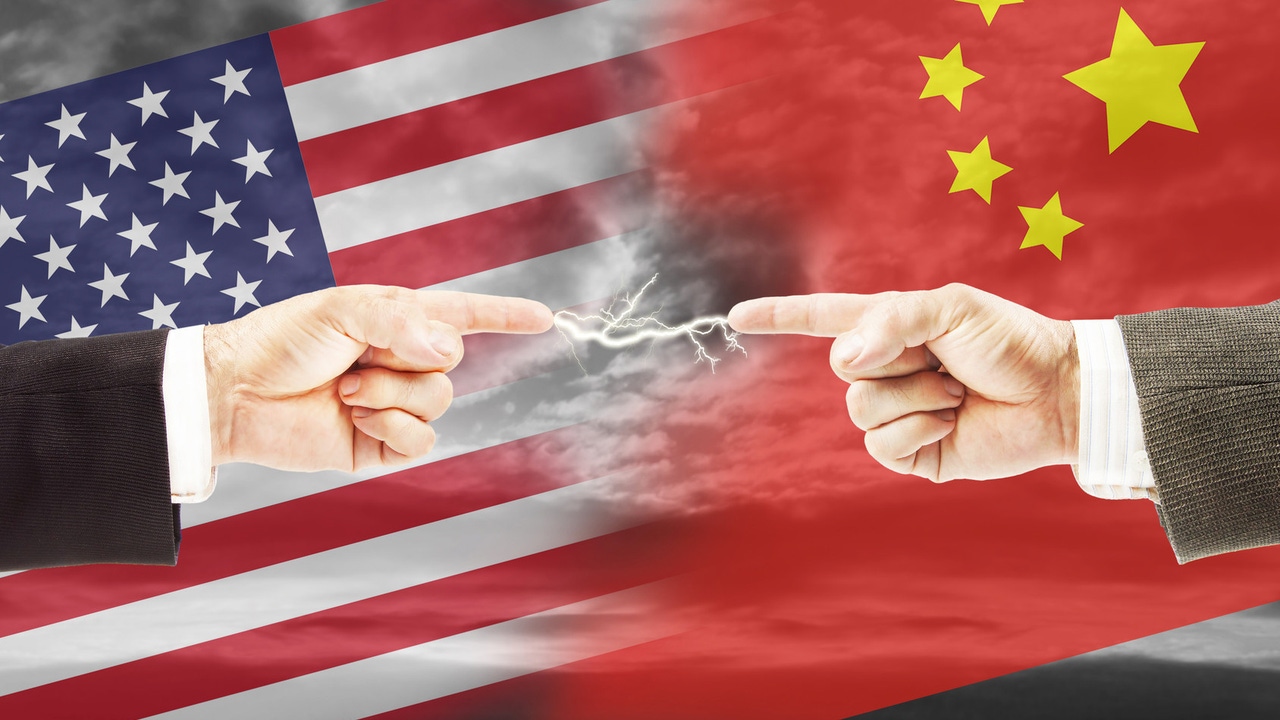China targets Google with its inevitable retaliation over new US tariffsChina targets Google with its inevitable retaliation over new US tariffs
US President Trump is following through on his election promise to use tariffs as a trade and diplomatic weapon, and the consequences of doing so are immediately becoming clear.
February 4, 2025

Over the weekend, Trump issued an executive order ‘implementing a 25% additional tariff on imports from Canada and Mexico and a 10% additional tariff on imports from China.’ The reasons stated concerned ‘the extraordinary threat posed by illegal aliens and drugs,’ but it could have been anything. Trump has decided to escalate the US policy of using its financial and military might to push the rest of the world around and specific stated grievances are just details.
Superficially, this tactic is working. Colombia recently backed down over an immigrant repatriation spat and, among the flood of pronouncements on Trump’s Truth Social feed are claims that Mexico and Canada have also capitulated, leading to a suspension of the threatened tariffs by one month. Stock markets, which had panicked on learning of the tariffs, have largely recovered, for now.
China is another matter, however. While it may be easy to push around neighbours (and supposed allies) that are heavily dependent on trade with the US, China is the world’s second largest economy and has its own extensive sphere of influence. There is also considerable trade between the US and China, ensuring the latter’s inevitable retaliations are sure to do damage.
On top of reciprocal tariffs China has suddenly decided Google, which has limited presence in the country due to its government’s own restrictions, might be a monopolist. The Chinese language announcement doesn’t elaborate on the matter, so it’s easy to assume this move is designed as a reminder that there are plenty of things China can do to hurt the US if it wants to play that game.
A Chinese Embassy spokesperson addressed the tariffs in an announcement today, that made no reference to Google. “The U.S. has levied a 10 percent additional tariff on Chinese imports under the pretext of the fentanyl issue,” they said. “China firmly deplores and opposes this move. China has taken necessary countermeasures in accordance with relevant laws and regulations and the basic principles of international law, which are completely justified and reasonable. Meanwhile, China has filed a lawsuit with the WTO to firmly safeguard its legitimate rights and interests.
“The unilateral tariff increase by the U.S. seriously violates WTO rules and is a typical act of unilateralism and trade protectionism. It undermines the foundation of China-U.S. economic and trade cooperation and is bound to affect and undermine future counternarcotics cooperation between the two sides… China calls on the U.S. to correct its wrongdoings, maintain the hard-won positive dynamics in the counternarcotics cooperation, and promote the steady, sound and sustainable development of China-U.S. relationship.”
All the WTO stuff is hilarious since China has long cherry-picked which WTO rules suit its own interests, but the accusation of hypocrisy still resonates. Speaking of cherry-picking, the retaliatory tariffs are strangely selective but there’s presumably some strategy behind the choices. The choice of Google seems symbolic, rather than immediately hitting more substantial targets, and it’s interesting to note that Apple and Tesla shares have yet to join the market rebound.
The underlying motive for Trump’s obsession with tariffs seems to be some form of Mercantilism. He apparently views trade as a zero-sum game, in which all US trade deficits are bad. Any domestic imbalance between demand and supply is disregarded in favour of an apparent assumption that trade deficits only exist due to the bad faith of the party he perceives to be the beneficiary of them.
There’s a reason we gave up on mercantilism a few hundred years ago: it’s a rubbish idea. Free trade is the bedrock of prosperity, something China’s transformation over the past few decades is a great example of. Wealth is derived from the flow, rather than accumulation, of goods and services. Trump’s overbearing tactics may be paying off in the short term but, sooner or later, their cost will be felt domestically through restricted trade and inflation. When that happens, Trump’s appetite for Pyrrhic victories will face its sternest test yet.
About the Author
You May Also Like










.png?width=300&auto=webp&quality=80&disable=upscale)


_1.jpg?width=300&auto=webp&quality=80&disable=upscale)